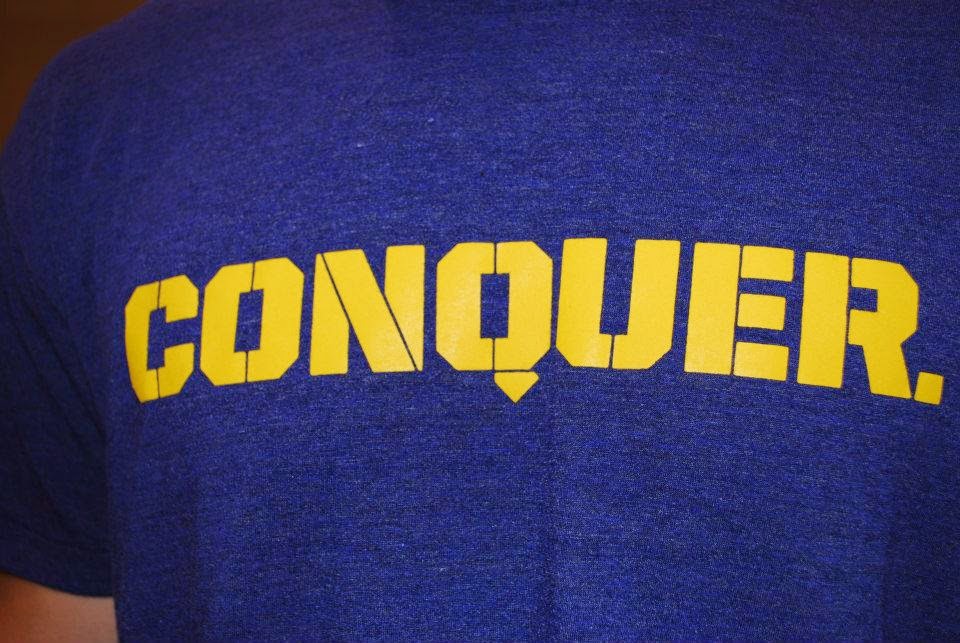Plain and simple: that stuff is all bullshit. People have known for a very long time that there is a pretty simple way to manage both your weight and your body composition. The buzzword for this that I'm going to throw at you is "carb manipulation". You may be familiar with other names like the ketogenic diet, the warrior diet or carb cycling.
This is more or less the idea that gave birth to the famed Atkins Diet. You eat more carbs and you get bigger/fatter. Eat fewer carbs and lose weight/get leaner. Simple, right? Well how did people start messing it up so much?
Mainly, because people are lazy and usually want to take the easy way out. "Well, I can just sprinkle some of this fucking powder on my loaded cheesey fries and boom I'll get my beach body!" Nobody wants to hear that they have to limit their delicious food choices because they "earned" those treats via some convoluted system in their brain.
Ok, so you're committed to changing your eating habits. Through some internet research you've figured out that there's approximately 42 different ways to manipulate your carbohydrate intake. They range from the simple variations such as carb backloading to the more aggressive carb nite. You can find a ton of information on both and see what you think for yourself.
The nice thing about carb manipulation is that it can truly be tailored to fit anyone in any situation. There are a myriad of benefits about managing your carbs during a day/week/month, but the most obvious one is your body composition. I'd love to tell you about your insulin levels, testosterone, inflammation and the effect on your autonomic nervous system but we both know you don't actually give a rats ass about it. And that's ok.
Let's say you usually eat carbs 4 times a day, every day, and your carb intake at each meal varies between 50-100g (we'll use an average of 75g). That's 300g of carbs in a day and 2100g of carbs in a week. That's a lot of carbs. If you were to follow a carb backloading style of eating and eat a whole buttload of carbs in one sitting at dinner you'd probably end up consuming 150g of carbs for the day and 1,050g for the week. A pretty substantial difference.
An even more aggressive strategy, Carb Nite, allows for 30g of (incidental) carbs per day for a week before you get one night of going HAM on whatever you want. Even if we don't consider the hormonal benefits of this, you'd probably end up consuming 600-700g of carbs that night which would be it for the week.
If you're interested in tailoring a carb manipulation strategy to your own eating, you can start off as slowly as you'd like. Limit carbs to two meals a day and only a set amount of carbs. Then start limiting your carbs to just one meal, or just after you exercise. Stay honest with yourself and don't stray from your strategy for several weeks (enough time to see some changes). Find out what works for you, your schedule and most importantly your personality. Trying to start an eating strategy that will be impossible for you to maintain is just setting yourself up for a failure that you don't need.
If you're one of the
Start slow, be successful and see some progress. Then tailor your eating to meet your new goals!
Have a great day, and go lift some heavy shit!




